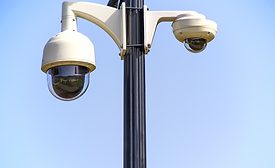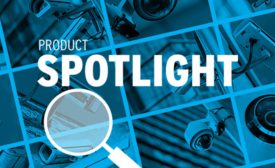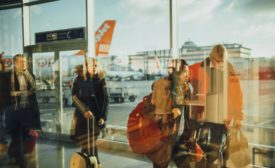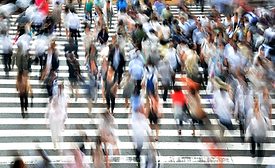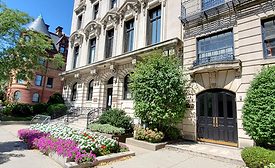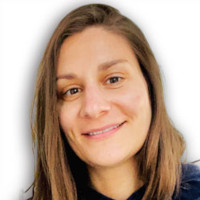Technologies & Solutions
New England College of Optometry implements contact-tracing wearables to boost COVID-response and enable in-person learning
The New England College of Optometry (NECO) formed a COVID-19 Task Force and began exploring ideas to enable in-person learning at the school in a safe, effective and well-planned manner. One of the solutions that NECO implemented is a contact-tracing tool that allows the school to respond immediately to report of an infection, accurately and effectively, without relying on a sign-in sheet or a person’s recollection of their previous contacts.
April 13, 2021
Sign-up to receive top management & result-driven techniques in the industry.
Join over 20,000+ industry leaders who receive our premium content.
SIGN UP TODAY!Copyright ©2024. All Rights Reserved BNP Media.
Design, CMS, Hosting & Web Development :: ePublishing
